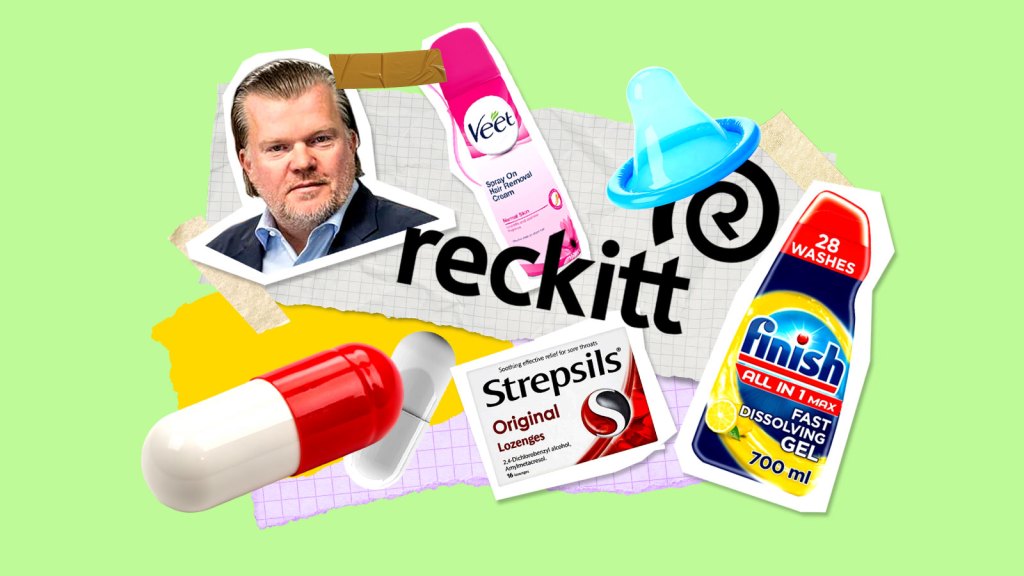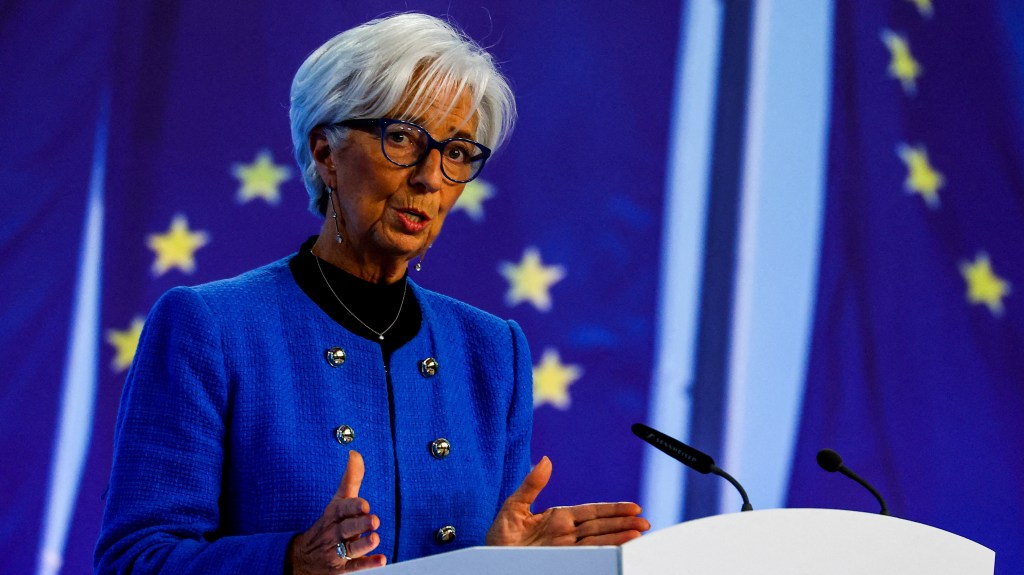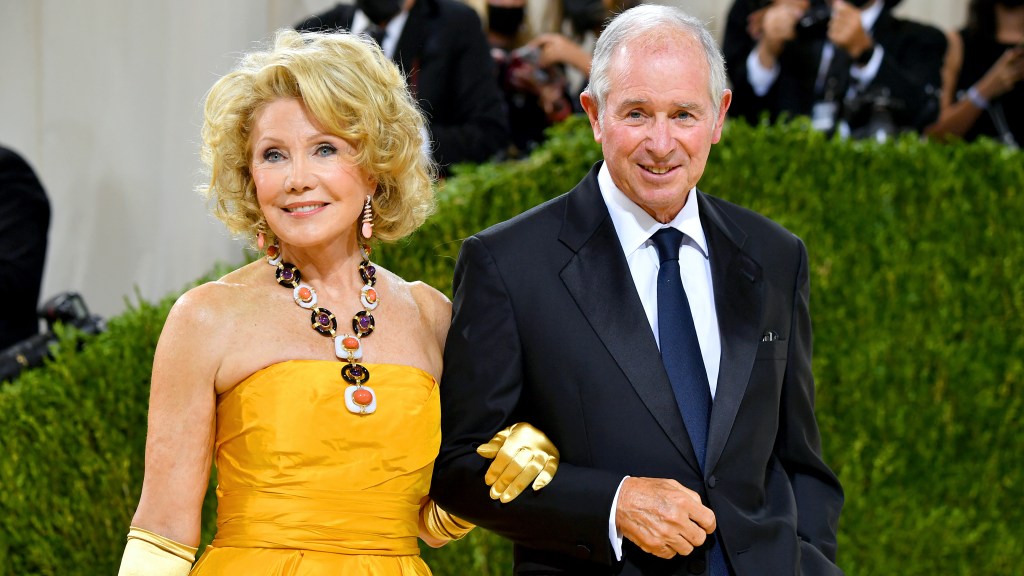Is Now the Right Time to Invest in Reckitt Benckiser Shares?
Last week, Reckitt Benckiser launched a series of investor seminars in London, aiming to pivot focus back towards the core operations of the FTSE 100 consumer goods powerhouse.
During a time of restructuring and ongoing sales efforts, which have been further complicated by expensive legal battles in the United States and increasing macroeconomic challenges, CEO Kris Licht introduced insights from Chief Growth Officer Ryan Dullea and the leaders of four major product categories: germ protection, self-care, household care, and intimate wellness.
The seminar, lasting two hours and followed by a networking event, was intended to highlight Reckitt’s group of 11 power brands, which contribute over 80 percent to its core net revenue of £10.3 billion. These prominent brands include Finish, Dettol, Durex, Mucinex, Vanish, Veet, and Nurofen.
Presentations aimed to reassure investors about Reckitt’s capabilities, asserting that the core business and its esteemed range of brands could achieve annual like-for-like sales growth of 4 to 5 percent. Nearly every brand ranks first in its respective market segment, with category growth averaging mid-single digits over the past five years. “The most important takeaway about Reckitt is our emphasis on power brands,” said Licht.
Headquartered in Slough, Berkshire, Reckitt is among the world’s leading consumer healthcare companies, established from the 1999 merger of Reckitt & Colman and Benckiser. The company’s standing as a consistently strong stock performer has been challenged by erratic trading updates and several operational hurdles in recent years.
In 2017, Reckitt acquired Mead Johnson, its infant nutrition division, for $18 billion. However, shareholder dissatisfaction with Mead Johnson’s performance, the strategic actions from activist investors like Eminence Capital, and the appointment of former Sky CEO Sir Jeremy Darroch as chairman, prompted Licht to outline plans for a comprehensive review of Mead Johnson and consider selling non-core homecare brands such as Cillit Bang and Air Wick.
Reckitt is now refining its focus on a portfolio of high-growth, high-margin powerhouse brands through streamlining operations, reducing management layers for quicker decision-making, and cutting costs.
Dullea is playing a crucial role in guiding Reckitt toward improved health, having previously collaborated closely with Licht when he directed Reckitt’s health division.
The last market update from Reckitt occurred during its first-quarter results in April, where the shares were among the largest decliners on the FTSE 100. At that time, Reckitt indicated potential delays in selling its homecare brand portfolio due to challenging market conditions and reported disappointing trading figures for the first quarter.
However, last week’s seminar garnered positive reception in the City, with shares rising by 0.5 percent, despite no new significant financial or trading updates being provided by management.
Barclays analysts informed clients post-seminar that Reckitt possesses “promising prospects ahead” once it divests from the homecare and Mead Johnson segments and concludes ongoing litigation related to its US infant formula operations, although they noted that achieving this is still some time off.
They emphasized that the event served as a reminder of Reckitt’s potential.
UBS analysts highlighted the “early-stage” growth opportunities in several Reckitt categories within emerging markets and acknowledged the company’s successful track record of developing new categories, such as those for laundry and air sanitizers.
Currently, Reckitt is trading at a significant discount compared to its peers, with a 2025 enterprise value to earnings ratio of 10.5 times, while Procter & Gamble stands at about 17.7 times, Haleon at 16 times, and Unilever at 14.7 times.
Nevertheless, UBS believes Reckitt’s potential for like-for-like sales growth and margins exceeds the global industry average, suggesting that the core business could justify a premium compared to its US and EU counterparts. A 5 to 15 percent premium would indicate that Reckitt’s other divisions, including essential home and Mead Johnson operations, might constitute a negative enterprise value of up to £7 billion.
Investors might also find upside in the possibility of market consolidation.
Recent years have seen the emergence of large standalone consumer health entities such as Haleon, launched from GSK in 2022, and Kenvue, formed from Johnson & Johnson earlier this year, sparking speculation about potential large-scale mergers and acquisitions.
However, Citi analysts moderated expectations, suggesting that smaller transactions for specific brands and segments are more likely than substantial acquisitions.
With healthy balance sheets and interest from companies like Procter & Gamble indicating a potential for acquisitions, Citi noted that regulatory competition concerns and varied portfolios make large deals improbable.
Advice: Hold. Reason: Prospects for core business growth and market consolidation appeal to patient investors post-restructuring.




Post Comment